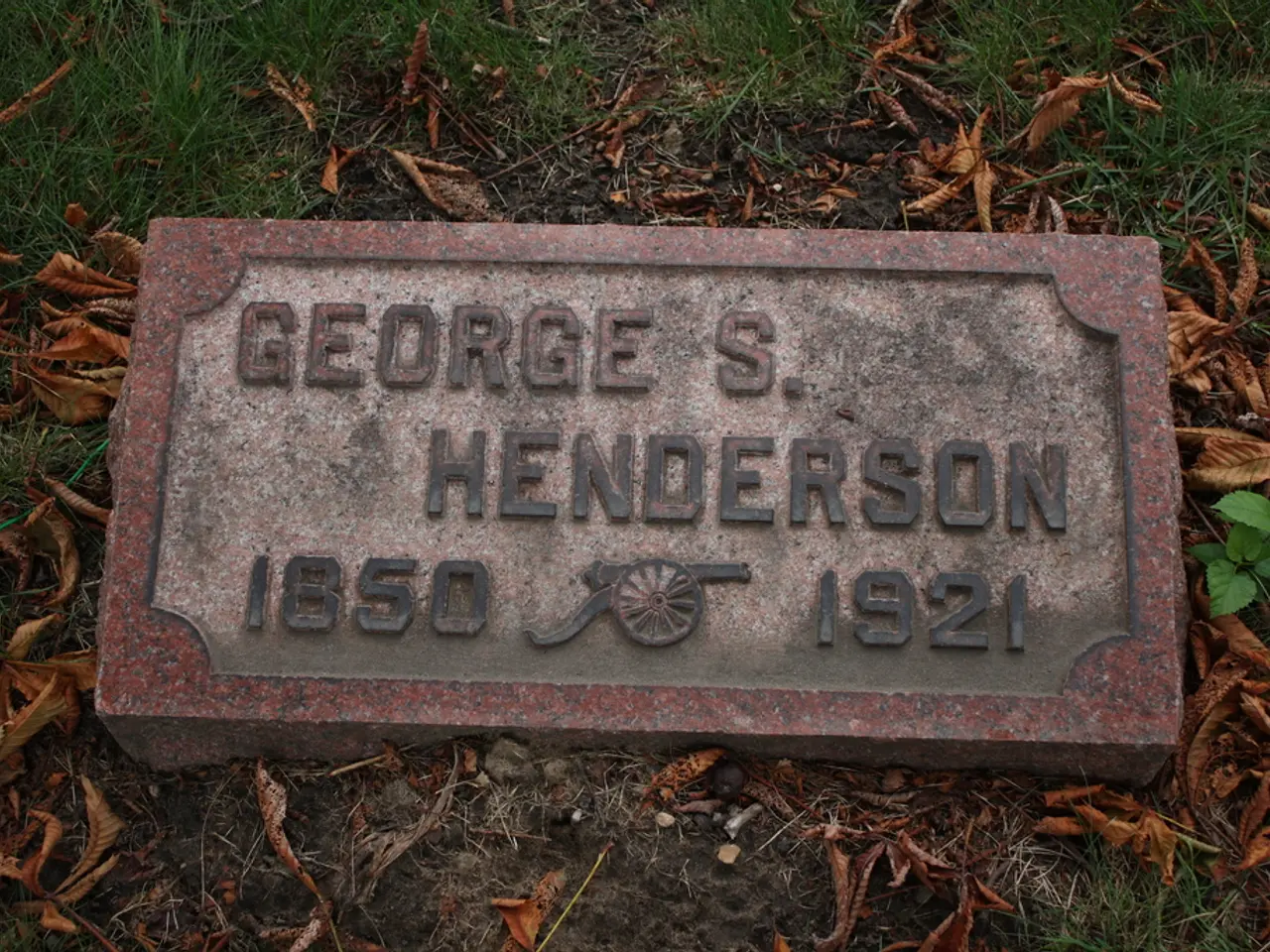Deserted Island Near Venice Serves as Previous Site for Plague Hospital, Mental Asylum, and Mass Grave
In the heart of Venice's lagoon lies a small island with a chilling history, Poveglia. Known for its dark and complex past, Poveglia has been a centre of controversy and folklore, with its eerie atmosphere and haunting tales drawing visitors and researchers alike.
Originally inhabited in the 7th century, Poveglia was a peaceful, tax-free community that managed to avoid mainland invasions and taxes by maintaining limited contact with the Italian Peninsula. However, during the War of Chioggia between Genoa and Venice in the 14th century, the island was abandoned, and its residents relocated to Venice proper. The island remained largely unused until the 18th century.
In 1776, Poveglia came under the jurisdiction of Venice's Public Health Office, initially for customs control but soon repurposed as a plague quarantine site. During the 18th and 19th centuries, Poveglia served as one of Venice’s key quarantine islands, especially when other facilities became full. Over subsequent decades and centuries, it continued to operate as a quarantine station for plague victims and later for other infectious diseases, with mass burials in plague pits on the island. Estimates suggest between 100,000 and 160,000 people died and were buried there during its quarantine period.
In the 20th century, Poveglia was converted into a psychiatric hospital, operating until it was closed in 1968. Accounts of patient abuse at the hospital are difficult to verify, but rumours persist of lobotomies performed with crude tools, solitary confinement in decaying cells, and electroshock therapy without oversight. Since then, the island has been abandoned, leading local authorities to ban tourist access due to safety concerns.
Poveglia's reputation as "the world's creepiest island" reflects its haunting legacy, marked by the tragic loss of life and its role in the collective memory of plague management in Venice and beyond. The island is government-owned but has been subject to various attempts to privatize or sell it. Environmental concerns, such as saltwater pollution in the lagoon, heavy metals and toxic chemicals in nearby areas, and the presence of plague pits, unmarked graves, and decades of decay, make Poveglia a challenging site to navigate.
Despite the numerous challenges, Poveglia stands as a stark reminder of the harsh and often controversial public health policies employed during epidemics, particularly quarantine and isolation measures that isolated and often condemned thousands. Its layered history—from a peaceful community to a quarantine site, mass grave, and psychiatric asylum—embodies themes of disease, death, and human suffering. Today, Poveglia's reputation as a haunted and infamous island continues to fascinate and terrify, serving as a poignant reminder of the human cost of epidemic control.
- The field of environmental science delves into the impact of plague pits on the earth, focusing on Poveglia's influence on the Venice lagoon's toxicity.
- The journal of general news often features articles about Poveglia, highlighting its role in the evolution of medicine and health-and-wellness practices.
- Postgraduate research in ecology and climate change studies the environmental effects of the mass burials on Poveglia and its surrounding areas.
- Advocates for mental-health raise awareness about the ethical implications of psychiatric treatments as a result of the rumors surrounding Poveglia's psychiatric hospital.
- The connection between Poveglia and war-and-conflicts is uncertain, but the deserted island's uncertain past fuels speculation among historians and researchers.
- The political landscape surrounding Poveglia has been marked by disagreements on whether to turn the island into a tourist destination or preserve its historical significance.
- In the realm of crime-and-justice, illegal activities may be taking place on Poveglia due to its isolation and poor condition, but these claims remain unverified.
- The legacy of Poveglia lies not only in its chilling past but also in the therapies-and-treatments it represents—an exploration of the darker aspects of human nature and the medical field.
- Disasters, such as accidents, may occur on Poveglia due to its deteriorated state and restricted access, adding another layer of intrigue to the island's history.
- Amid the hustle and bustle of daily news, Poveglia stands as a constant reminder of the consequences of ignoring animal welfare, as the public health measures implemented on the island may have affected the local aquatic life.
- The breathtaking views of Venice and the fitness-and-exercise opportunities offered by exploring Poveglia's rugged landscapes have led some to question why the island cannot be made accessible to the public under strict safety guidelines.








